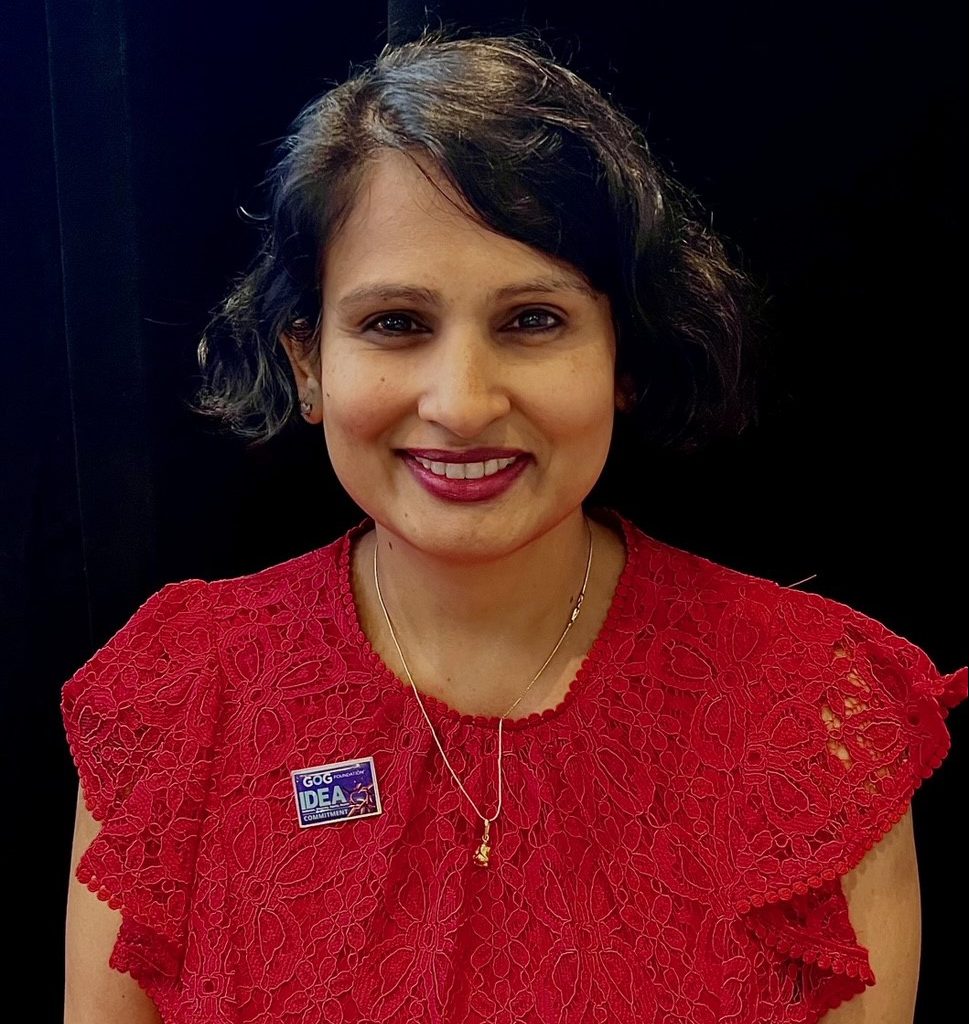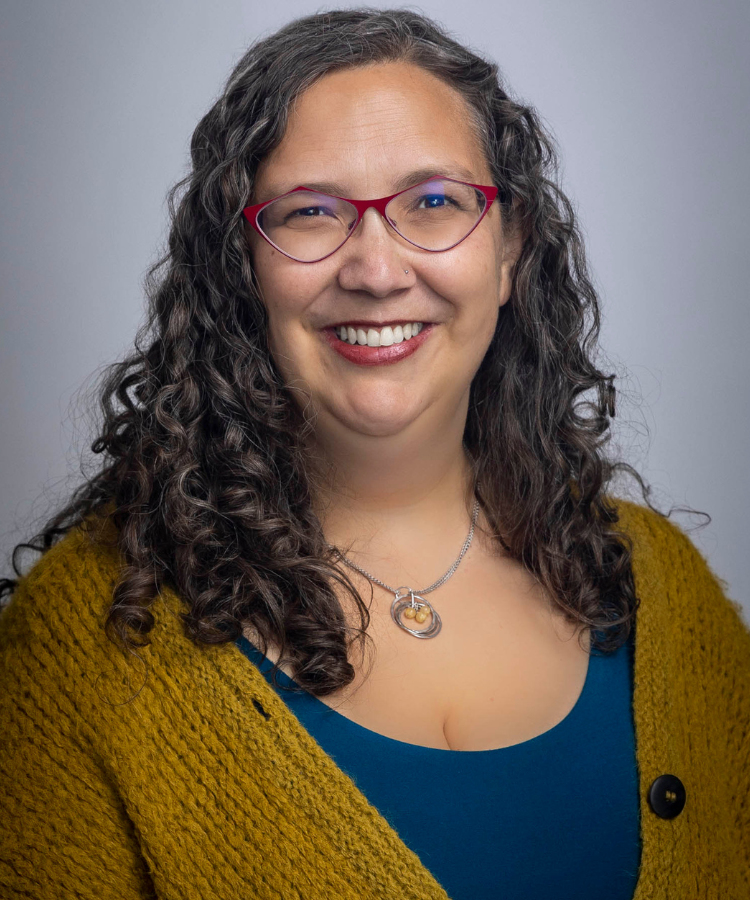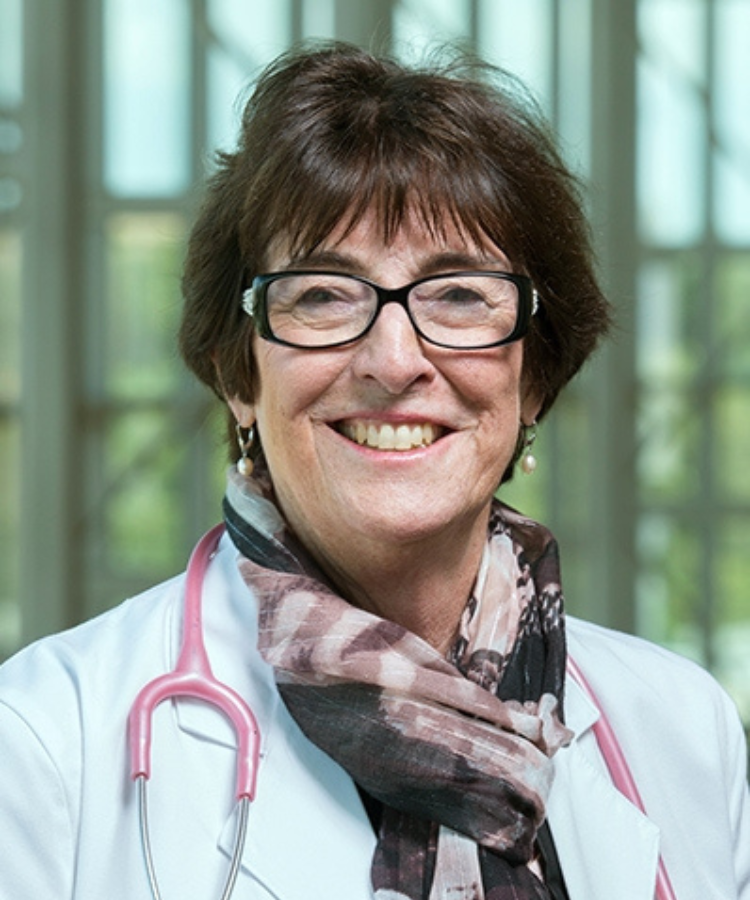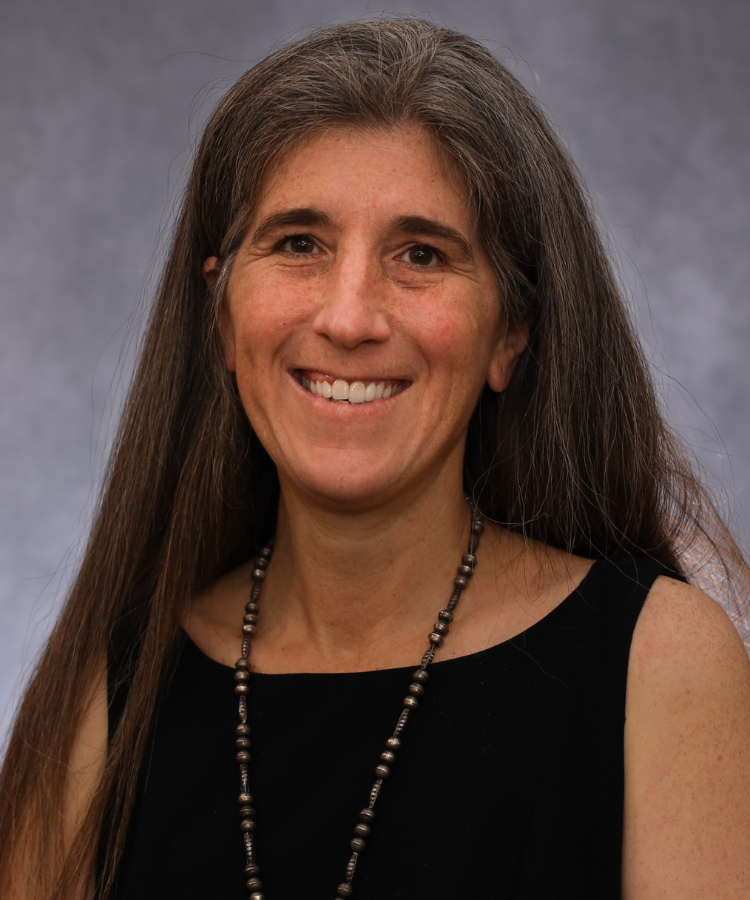IDEA Commitment

The GOG Foundation, Inc. IDEA Commitment
Collaborating to make an Impact, Drive our mission to transform the standard of care in women’s cancers forward, Empower physicians and patients to improve Access to clinical trials and tomorrow’s drugs today.
GOG Efforts of Improving Access & Opportunity In Clinical Trials: Education
- GOG/SGO IDEA joint paper published in Gynecologic Oncology June 2023
- Represented GOG-F as Diversity Expert at GCIG first Endometrial Consensus Conference 11/2023 Korea
- IDEA will be included in consensus paper and incorporated in all future endometrial cancer trials development globally
- Will be representing GOG-F at GCIG IDEA meeting in Barcelona 3/2024
- Winter 2024 NRG Educational Symposium – IDEA: Inclusion, Diversity, Equity and Access of Underrepresented Patients to Clinical Trials
- IDEA Education Modules (commitment to IDEA, community engagement, study planning, study conduct, workforce development, accountability/advocacy) -Spring 2024
GOG Efforts of Improving Access & Opportunity In Clinical Trials: Access
- Maximize ways to increase enrollment of diverse patients by alleviating/removing social and financial barriers- GOG-P trial budgets all include financial compensation to address SDOH
- Minimize excessive testing/visits and pay close attention to medical criteria/ labs to not exclude patients during protocol development- IDEA call with all sponsors; all IIT’s should also be doing this
- Evaluate and include more community sites to increase trial access to diverse patient populations- actively collecting data on ongoing trials to evaluate sites and come up with a diversity score metric
- Working with advocacy group/organizations to promote clinical trials in the community- working with SHARE, ECANA, Clearity, Cervivor, etc.
GOG Efforts of Improving Access & Opportunity In Clinical Trials:Policy
- SGO Fly in- Advocated for DIVERSE Clinical Trials Act
- Food and Drug Omnibus Reform Act (FDORA)- signed into law Dec 2022, provisions for clinical trial diversity and modernization (diversity action plans, decentralized trials, & streamline trials)
- White house Office of Science and Technology Policy (OSTP) 10/23 leading whole- of-govt approach to bolster clinical trial capacity enabling more diverse participation- community outreach and diverse workforce
- Will continue to work with SGO, ASCO, AACI with respect to advocacy
GOG Efforts of Improving Access & Opportunity In Clinical Trials: Research
- Working with sponsors on education and review of diversity plans on phase 3 trials:
- Increase capturing / reporting of race, gender, sexual orientation, disaggregation of race and ethnicity
- Set enrollment goals appropriately
- Interim monitoring of goals
- Seeing improvements: NRG-GY018, RUBY/GOG-3031, KN-A18/GOG-3047
- Phase 3 IIT’s also have diversity plans (i.e., ROCC )
- GOG IDEA Study Chairs/PI on GOG-P trials
- Future plan to raise funds for competitive grant funding to sites to increase IDEA
The GOG Foundation, Inc. would like to thank our commercial supporters for their support of the GOG’s Access & Opportunity initiative: AbbVie, Pfizer Oncology, GSK, and Genmab
Director of Clinical Trials Access

Bhavana Pothuri, MD
Director of Clinical Trials Access, The GOG Foundation, Inc.
Associate Clinical Trials Advisor, Ovarian and Endometrial Cancer, GOG Partners
Professor of Ob/Gyn and Medicine, NYU Grossman School of Medicine
Clinical Trials Office Medical Director, Laura and Isaac Perlmutter Cancer Center at NYU
Director, Gynecologic Oncology Clinical Trials
Director, Gynecologic Oncology Research
Program Faculty

Amanda Jackson, MD
University of Cincinnati

Bradley Monk, MD
Florida Cancer Specialist and Research Institute

Brian Slomovitz, MD
Mount Sinai Medical Center Miami Beach

Colleen McCormick, MD
University of New Mexico

Dana Chase, MD
University of California Los Angeles

Destin Black, MD
Willis-Knighton Health System

Joan Walker, MD
University of Oklahoma Stephenson Cancer Center

Kathleen Moore, MD
University of Oklahoma Stephenson Cancer Center

Leslie Randall, MD
Virginia Commonwealth University

Robert Coleman, MD
Texas Oncology, Vaniam Group

Roisin O’Cearbhaill, MD
Memorial Sloan Kettering Cancer Center

Sharad Ghamande, MD
Augusta University

Victoria Bae-Jump, MD, PhD
UNC Lineberger Comprehensive Cancer Center
Get Involved!
IDEA Commitment Education
Resources
Gynecologic Cancer Clinical Trials: What This Means for You
Diversity and Inclusion in Clinical Trials
Presented at the 2024 SGO Annual Meeting on Women’s Cancer®
Join Dr. Janelle Darby, member of the SGO Clinical Trials Management/Concepts Subcommittee, as she interviews Drs. Evan Graboyes, Jeffrey Hines, and Bhavana Pothuri, The GOG Foundation’s Director of Diversity, Equity and Inclusion in Clinical Trials, addressing continued efforts to improve inclusion of racially and ethnically diverse patients in clinical trials.
Click Here to view the full presentation
The GOG Foundation (GOG-F) is grateful to the Society of Gynecologic Oncology for their partnership and allowing the GOG-F to reshare this content.
NRG Winter Symposium 2024 – IDEA: Inclusion, Diversity, Equity and Access of Underrepresented Patients to Clinical Trials
Presented at the 2024 NRG Winter Semi-Annual Meeting on Thursday, Feburary 15, 2024
Inclusion, diversity, equity, and access (IDEA) in gynecologic cancer clinical trials: A joint statement from GOG foundation and Society of Gynecologic Oncology (SGO)
The call for clinical trial diversity & inclusion: introduction
Clinical research is the key to advancing knowledge in patient care, whereby discovery of novel treatments can improve outcomes [1]. Within oncology, clinical trials can improve prevention, screening, treatment, and/or survivorship strategies. Many clinical trials offer access to novel agents that may become the new standard with the goal of improving outcomes and/or reducing treatment-related adverse events. While these discoveries are intended to improve oncologic outcomes for all, individuals from diverse ethnic and racial groups who have the highest need for improved cancer care are underrepresented in clinical trials. Race refers to a set of physical characteristics that is is a social, political, and economic construct, without biologic basis. Ethnicity describes a shared culture, heritage, religion, language, and customs within a geographic region; there may also be shared genetic and genomic commonalities. Health disparities are related to the societal legacy of structural racism and its sustained impact on present day practices and policies, which perpetuate diminished opportunity for at-risk populations.
Diversifying Investigations Via Equitable Research Studies for Everyone Trials Act or the DIVERSE Trials Act
This bill requires activities to increase diversity in clinical trials. It also expands reporting by laboratories that test for and diagnose COVID-19 and requires a study on data collection and data sharing during public health emergencies.
Specifically, the Food and Drug Administration (FDA) must issue guidance on decentralized clinical trials to promote meaningful demographic and geographic diversity in patient engagement, enrollment, and participation. Decentralized clinical trials include those executed through telemedicine or other digital technologies to allow for the remote collection and assessment of clinical trial data. The FDA may also work with foreign regulators to harmonize international regulations governing decentralized clinical trials and the use of digital health technology.
In addition, the Department of Health and Human Services (HHS) may support community education, outreach, and recruitment activities for clinical trials of treatments for conditions that disproportionately impact populations underrepresented in clinical trials.
The bill also specifies that drug or device manufacturers may provide, subject to some limits, free digital health technologies and other remuneration to patients in approved clinical trials without violating laws that address fraud and abuse in federal programs.
Furthermore, laboratories that test for and diagnose COVID-19 must report additional demographic data, including information about social determinants of health. HHS must also contract with the National Academy of Medicine to study and propose a design for an interoperable platform to facilitate data sharing during public health emergencies.